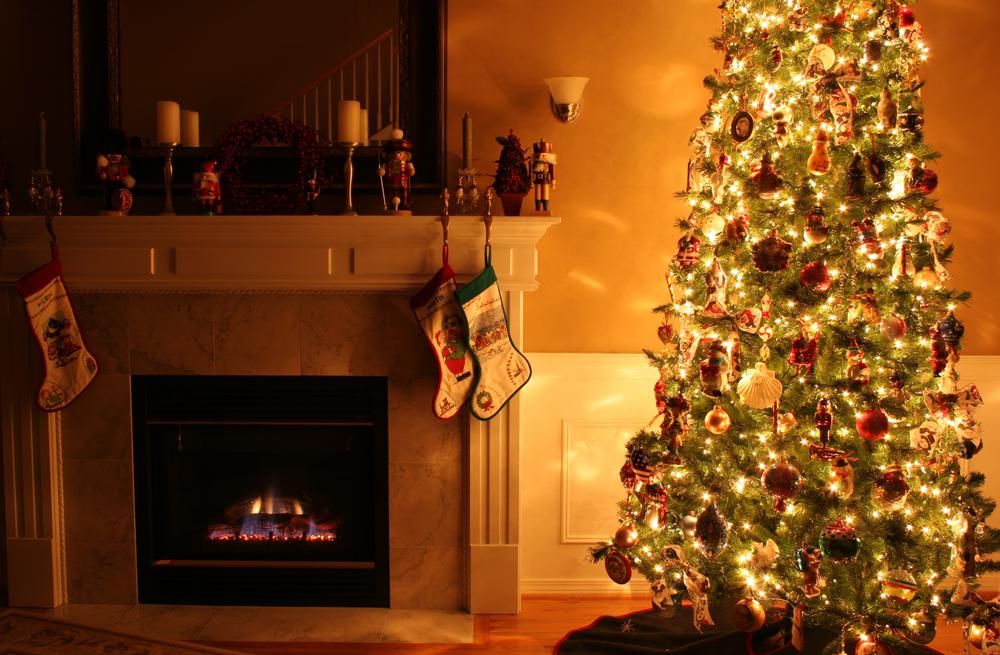More and more American Jews are marrying non-Jews, and fewer are raising their children Jewish, says a new Pew survey of 3,475 American Jews. This mirrors “a broader trend in American life,” according to Pew, as adults in their 20s and 30s of all religions are now less observant than they used to be. But this trend is more pronounced in the Jewish community. Only 26 percent of Jews say religion is very important in their lives, compared with 56 percent of the general public. According to the poll, 32 percent of Jewish millennials “describe themselves as having no religion and identify as Jewish on the basis of ancestry, ethnicity or culture.”
Jane Eisner, the editor in chief of the Jewish Daily Forward, called the lack of religiosity among her fellow Jews “devastating” and told the New York Times, “I thought there would be more American Jews who cared about religion.” Why would she have thought that?
Jews have a long tradition of assimilation and secularism. My grandparents are a fine example. They escaped the Holocaust and emigrated from Austria to the U.S. in 1938. Here they raised their children nominally Jewish, but they were not true believers. Still, being Jewish was central to their identity. By way of explaining the disconnect between her lack of religiosity and the importance of Judaism in her life, my grandmother cited her tragic experience as a Viennese Jew in the ‘30s. “You can make believe that you’re not Jewish, but other people won’t let you forget,” she would say. And American Jews agree: 73 percent say remembering the Holocaust is essential to their sense of Jewishness, more than any other quality that Pew asked about.
But as we get further and further away from virulent anti-Semitism (according to the Pew Survey, 15 percent of American Jews say they have been called offensive names or snubbed in a social setting because they are Jewish, and Jews think other groups, like gays and Muslims, face more discrimination than they do), perhaps it is not surprising that fewer Jews are religious. Other people do let us forget who we are. Plus we don’t have to believe to be Jewish: Judaism, unlike Christianity, is passed down through blood. It’s also difficult to convert to Judaism, and we welcome questioning. Not exactly a recipe for creating generations of faithful devotees.
Unlike Eisner, I’m not “devastated” by the findings of the survey. It is predictable that a skeptical, educated population (58 percent of Jews are college grads, compared with 29 percent of all Americans) would be moving away from religion. But I have more mixed feelings than I thought I would. Like 58 percent of all Jews (and 71 percent of non-Orthodox Jews), I ended up marrying a non-Jew (an Episcopalian to be exact). While our baby daughter is Jewish by lineage, I’m still not sure how Jewish we are going to raise her. My family has always celebrated Passover, so we’ll continue that. And I will certainly tell my daughter about our history and everything her great-grandparents went through. But beyond that, her religiosity is an open question (like 32 percent of respondents to the Pew poll, we have a Christmas tree). The notion that American Jews are eschewing religion so broadly makes me a little sad, or worried for Jewish continuity (or guilty for being part of the problem). But I can’t see myself bringing my daughter to temple every Friday to honor a God I don’t believe in. What’s the solution?
